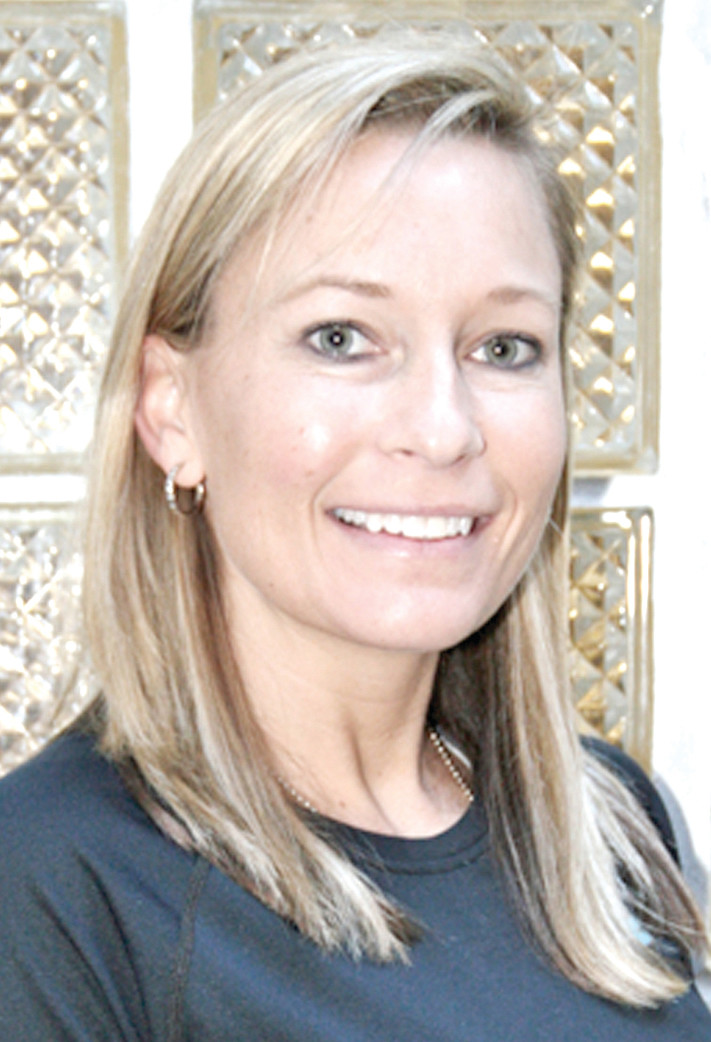Aging can't be stopped, but you can slow it down

Special to The Sumter Item
More people are living past the age of 65 than ever before, approximately 48 million. That number is expected to double by 2060. Now, it is more important than ever to understand the care the human body needs to support active aging through proper nutrition and exercise.
With aging, every system in the body begins to decline. Regardless of how great your diet is or how many supplements and vitamins you take, the aging process cannot be stopped. However, with proper support, we can slow the aging process of muscle loss, poor balance, decreased cardiovascular fitness and accumulation of excess body fat.
Bone loss that has begun in our forties is in full swing, and the bones begin to thin as we get older. In addition to bone loss, muscle mass and strength begins to decline. Small declines begin at age 30, but muscle mass begins to rapidly decline at age 50. For this reason, strength training to build and maintain muscle and bone density is recommended as well as a sufficient diet in carbohydrates and protein.
When it comes to exercise, experts recommend functional fitness exercises that train the muscles and joints to work together to help make everyday activities easier, reduce risk of injury and improve overall quality of life. These types of exercises can be extremely beneficial as they can help improve balance, agility, flexibility and muscle strength.
For example, a squat is a functional movement because it trains your muscles that help you stand up and sit down or pick up objects off the floor. Specific exercise programs like Yoga and Tai Chi involve varying combinations of resistance and flexibility training that can help build functional fitness.
Maintaining a healthy diet is even more important as you age. However, there aren't specific guidelines for the aging population other than focusing on "healthy." The difficulty with specific nutrition guidelines for this population is that many with chronic illnesses may take multiple medications which require nutrition advice from a registered dietitian.
Additionally, aging can affect hydration status. Some changes include less body water, decreased thirst and less urine and sweat excreted. Certain medications and supplements can also alter the body's water status. Since the body is made up of about two-thirds water, it is important to make a plan to drink sufficient amounts of water to keep the body functioning properly.
While there is no best specific diet or exercise it is best to find activities and eating patterns that are sustainable for you and your lifestyle that will improve and help you maintain your quality of life!
Missy Corrigan is executive of community health for Sumter Family YMCA. She can be reached at mcorrigan@ymcasumter.org or (803) 773-1404.
More Articles to Read
